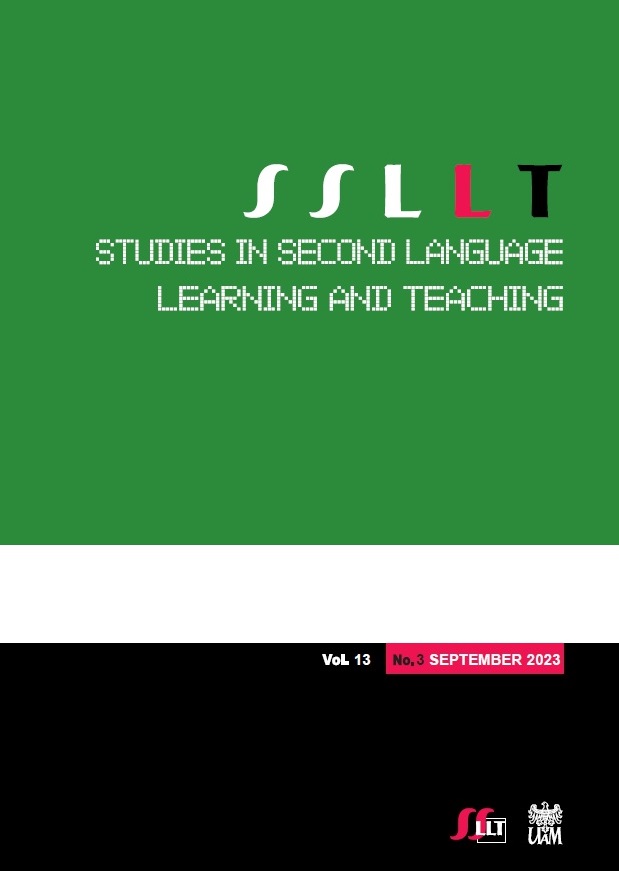Dialogic investigations: Motivation in Japanese language learning
Dialogic investigations: Motivation in Japanese language learning
Author(s): Toshiyuki NakamuraSubject(s): Language and Literature Studies, Foreign languages learning
Published by: Uniwersytet Adama Mickiewicza
Keywords: L2 motivational self system; engagement; dialog; speech genres; Mikhail Bakhtin
Summary/Abstract: Over the past 15 years, the L2 motivational self system (Dörnyei, 2005, 2009) has been a dominant framework in the field of second language (L2) motivation. Yet, since the model’s introduction, there has been a theoretical discordance between the two components associated with future self-images (the ideal L2 self and the ought-to L2 self) and the third component related to the actual process of learning (the L2 learning experience). To remedy this shortcoming, this study draws on Bakhtin’s (1981, 1986) theory of dialog. Bakhtin claims that any use of language is a dialog between self and others and that language is learned through the assimilation of speech genres used by others for similar purposes in typical situations of social communication. The analysis of interview data obtained from three Japanese-as-a-second-language learners shows how situation-specific and future-oriented motivations are related to each other. The learners’ engagement in dialog with imagined Japanese speakers is developed through their engagement in dialog with actual Japanese speakers, and regardless of whether the dialog is actual or imagined, the participants orient themselves to speech genres of the language that correspond to particular social contexts.
Journal: Studies in Second Language Learning and Teaching
- Issue Year: 13/2023
- Issue No: 3
- Page Range: 663-685
- Page Count: 23
- Language: English

